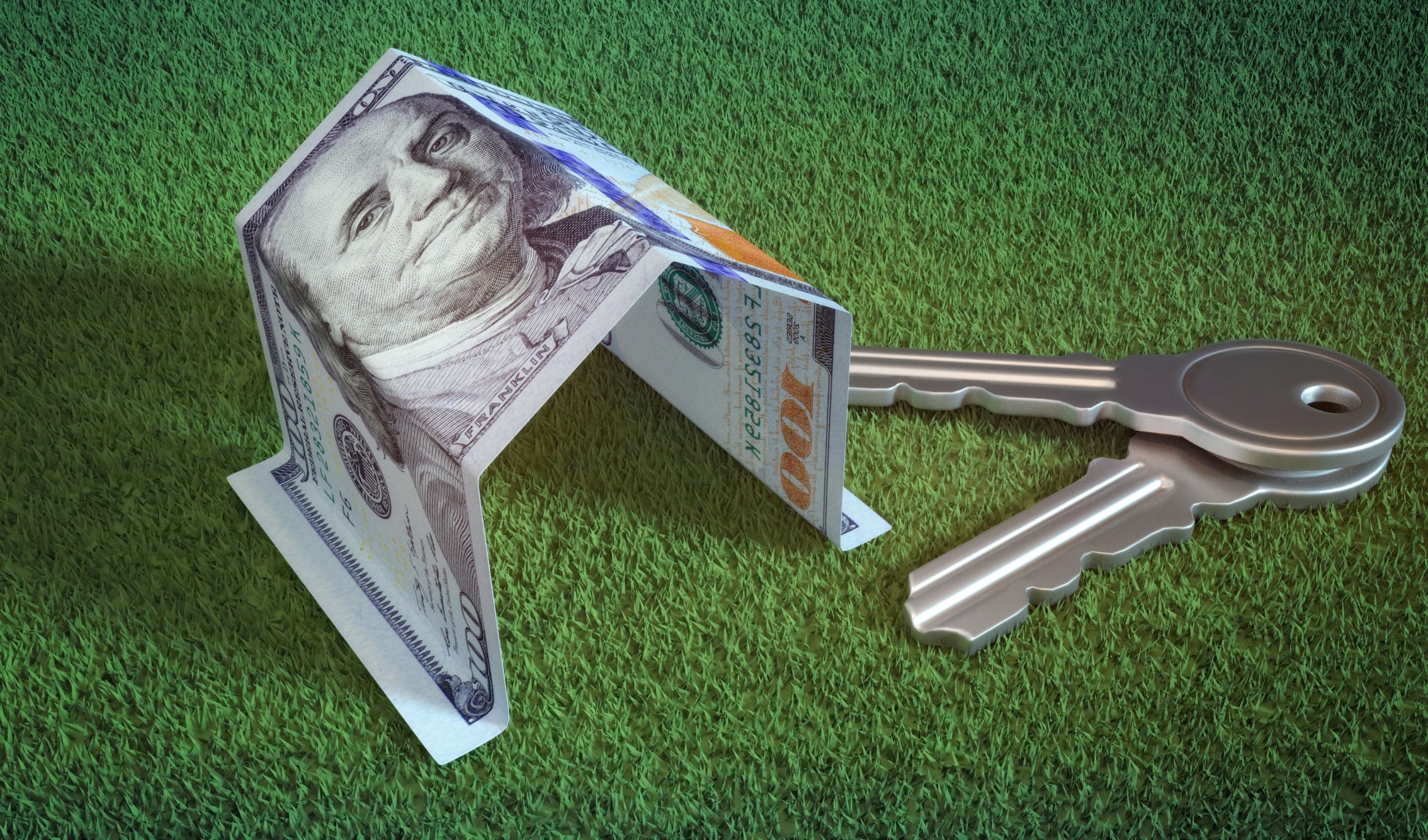New to the mortgage industry? Do you have this question in mind, “How much mortgage can I afford?” Well, worry no more!
You came to the right place. Purchasing a new house is a major decision that entails a slew of smaller ones. When deciding where to reside, many individuals consider the number of bedrooms or the quality of the garage.
However, new home buyers should not let such incentives lead them to purchase a more expensive home than they can easily afford. People who take on mortgages that are greater than they anticipated may find it more challenging to meet other financial goals.
Purchasing a home with a mortgage is usually the most significant personal investment that people make. A variety of factors determines the number of mortgages that people can afford. Therefore, asides from their resources, their priorities and preferences must also be assessed.
Here is some information that you should think about when determining how much you can spend.
How Much Mortgage Can I Afford? Find Out Now
Calculate your annual household income
The total amount of money a household earns before taxes and deductions is referred to as yearly household income. Contributing income earners are considered co-applicants and co-borrowers on a mortgage by lenders.
Some people who live in the same house pool their resources to pay their debts. This makes it easier to get a mortgage. But, if you lost one of your income sources, would you still be able to cover your mortgage? Will someone else assist you in paying for your accommodation now or in the future? Before you make a decision, consider all considerations, such as overall housing costs and outstanding debt.
Keep track of any overtime or bonuses you get for future reference. In most cases, lenders do not include overtime or bonuses in their final calculations. Also, document your notices of assessments if your income shifts. Remember that your pay stubs and electronic financial transfers are compared to these assessments by a lender.
Examine your financial situation
Debt and housing costs, among others, also determine whether you can afford a mortgage; see how:
Estimate housing costs: Purchasing a home entails additional costs such as property taxes, housing insurance, mortgage insurance, heat, hydro, and so on. You’re also responsible for household repairs and upkeep. Furthermore, if you have one or more dependents living at home, your housing expenditures will rise.
Calculate your entire debt: Your ability to make regular mortgage payments is impacted by outstanding debt. Too much debt, particularly large credit card amounts, raises red flags for lenders.
Before taking out another loan, try to pay off the majority of your current debt. And pay it off as soon as possible. It may increase your chances of getting a mortgage pre-approval.
Rethink your home-buying plan if you don’t have much extra monthly income. Consider properties with a lesser price tag. Personal spending should be reduced. Pay off your debts. Give yourself some breathing room, so you don’t run out of money. You don’t want to get stuck in a financial cesspool in your new home.
Include the cost of taxes and insurance: When purchasing a new house, property taxes and homeowners insurance are required. You must have homeowner’s insurance with the lender’s name on it. Furthermore, all homeowners are required to pay property taxes by the government. These expenses are frequently disregarded, but they should be taken into account before applying for a mortgage.

Aim for a 20% down payment
The amount of mortgage you can afford is also determined by the amount of money you put down when purchasing a home.
Your fees climb when your down payment is less than 20%. Private mortgage insurance, which can cost up to 1% of the total loan amount every year until you have 20% equity in your property, is usually required. That works down to $200 each month on a $240,000 mortgage.
Conclusion
All in all, now you have an answer to your question “How much mortgage can I afford?”
So, even if your mortgage doesn’t stretch your budget, a job loss or other unforeseen catastrophe could force you to fall behind on your payments. Limiting your mortgage payment to 25% of your take-home salary makes it easier to save for an emergency fund. If you have more cash on hand and fewer monthly responsibilities, you’ll have a higher chance of remaining afloat if things go wrong.

